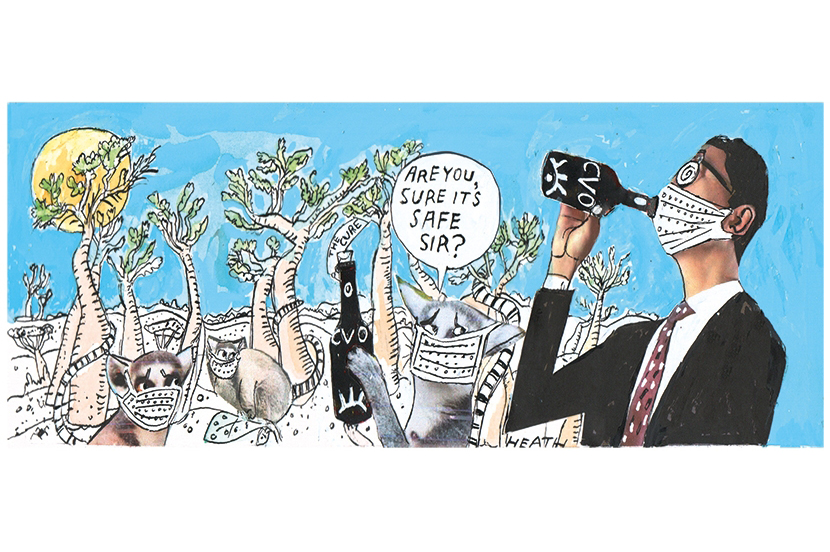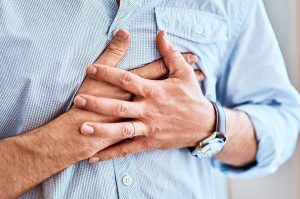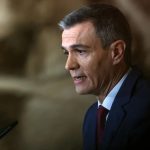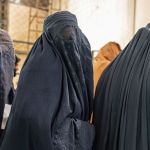Earlier this month, in his weekly address to the nation, our president, the former DJ and coup leader Andry Rajoelina, announced that Madagascar would shortly produce an injectable treatment for COVID, ‘a medicinal cure not just for Madagascar but for the world’. This was no great surprise to the people of Madagascar. After all, way back in April, when COVID had barely hit our beautifully remote island, President Andry launched Covid Organics, a miracle drink that serves as both a prophylactic and a cure to the virus sweeping the world. Covid Organics, also known as CVO, is based on a herbal remedy for malaria, artemisia annua, along with extracts from other local plants. While Madagascar has a wealth of endemic plant species, many of which have healing properties that remain under-exploited, artemisia was in fact imported from China, and now the drink is being manufactured in factories hastily erected with foreign investment. For many months, President Andry has extolled the benefits of his elixir. As the number of infections rose, the president confidently assured us that this was simply because not enough people were drinking it. After the first deaths, he said the same, then later, as the death toll mounted, he changed his tune to say that the real problem was that people weren’t drinking enough CVO. In July, when deaths reached triple figures, those of us lucky enough to have television sets and electricity watched as the president and his wife glugged down CVO on camera as if it were lemonade, smiling throughout in spite of its notoriously bitter taste.
While the World Health Organization wrings its hands about the lack of clinical trials, Madagascar is bravely forging ahead. To date, 20 African countries have received shipments of CVO in its drinkable liquid form which has been marketed as an African solution for Africa. Individuals anywhere in the world can buy it direct over the internet: in Madagascar a bottle of CVO costs 53 cents in the local supermarket; online it retails for $100 plus shipping. Perhaps the president thinks of it not as a cure for the virus, but for the economy.
***
Get a print and digital subscription to The Spectator.
Try a month free, then just $7.99 a month
***
Economic stimulation is definitely much-needed. For most people, life is hard in Madagascar. Famines occur so regularly that there is even a season for them, and the efforts to constrain the coronavirus have worsened an already difficult situation. Like many countries, Madagascar has gone into lockdown. People rush to make it home before curfew, their face masks dangling around their chins. Children play together in the dust outside the locked school gates. The hotels and restaurants are empty, swimming pools drained. Health checkpoints have been set up by the side of the road and people jostle each other as they wait in line for their temperature to be taken before entering town. In the developing world, a cut in income quickly translates into increased malnutrition, inability to pay for basic medicine, and death from starvation or entirely treatable illness. So far, just over 200 people have died from COVID in Madagascar, a country with a population of 27 million. The lives lost due to the indirect impacts of COVID from famine, decreased vaccinations and medical care are likely to be orders of magnitude greater. I was recently telling my youngest son the story of Hansel and Gretel and the wicked stepmother who led them away to die in the forest as they could not afford to feed them any more. There is nothing allegorical about this tale to a Madagascan: it is something we see daily.
A Malagasy friend developed a fever which refused to go away. Eventually, he stumped up the money for a doctor. ‘It’s all fine,’ he said happily when we saw him later, ‘it’s not COVID after all, it’s only typhoid fever!’ Since March, three people we know have died: two of food poisoning and one of dysentery. Hygiene levels are lethally low here; diarrhea and dysentery kill, as do infectious diseases like tuberculosis, measles, malaria, hepatitis and plague (bubonic and pneumonic). Meanwhile, international aid has been diverted from vaccination programs, food aid and basic health and sanitation work, to fund the fight against COVID. This has been done with no analysis of the relative costs and benefits; it has been blithely assumed that COVID represents a greater risk to this generally youthful population than other fatal communicable diseases.
The cycle rickshaw drivers at the bottom of our street, who live a hand-to-mouth existence in any case, are muttering about rioting. With tourists gone, their usual clients — the cleaners and the waitresses and the food suppliers who serve the tourists — no longer have the spare change for a rickshaw ride into town. Their union has declared that there will be a riot if there is further lockdown. The government has threatened to send in troops from the capital to quell any rebellion. ‘Bring it on,’ the rickshaw drivers replied. ‘Better to die fighting in the streets than to starve to death in our homes.’
This article was originally published in The Spectator’s UK magazine. Subscribe to the US edition here.


















